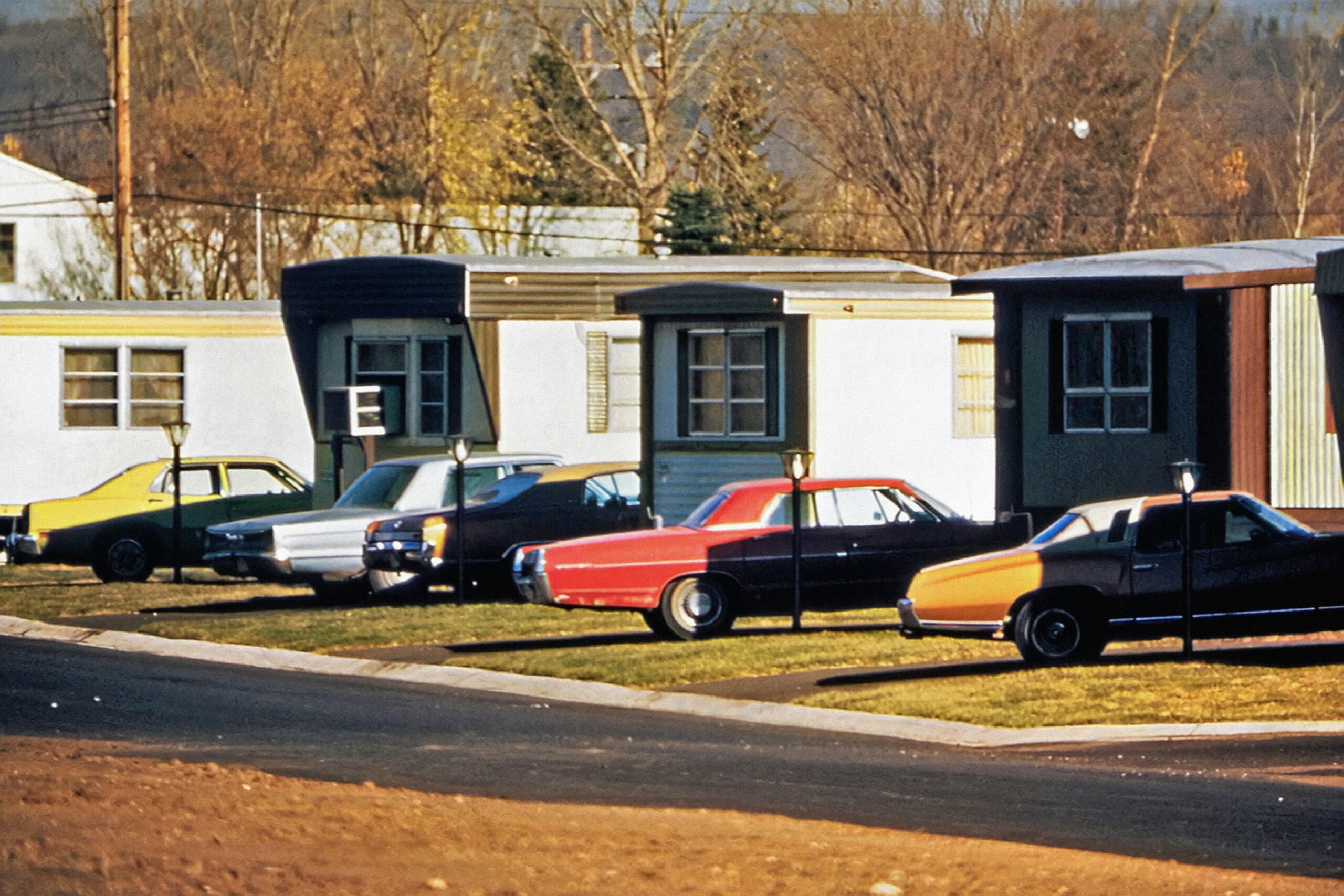Don’t Buy a Mobile Home Park Until You Know These 3 Mistakes
Thinking About Buying a Mobile Home Park? Read This First.
Does the thought of owning a mobile home park excite you… or freak you out? If you’re like most people, you’ve probably heard it’s a great way to create passive income—but maybe you’ve also heard horror stories or worry it’ll be a maintenance nightmare.
Before you make a costly mistake, I’m breaking down the three biggest errors investors make when they look at mobile home park deals—and how to avoid them.
Don’t feel like reading?
👉 Watch the full breakdown in my video here →
Don’t Miss Any Updates. Each week I’ll send you advice on how to reach financial independence with passive income from real estate.
Sign up for my newsletterMistake #1: Rejecting Deals with Park-Owned Homes
Many first-time buyers run from mobile home parks that come with park-owned homes. They assume owning the homes means endless maintenance calls and headaches. But that mindset could cause you to pass on some of the best deals available.
Tenant-Owned vs. Park-Owned: What’s the Difference?
-
Tenant-owned homes: The tenant owns the home and just rents the lot from you. You only maintain the land.
-
Park-owned homes: You own the home, and the tenant rents both the home and the lot. This means you’re responsible for maintenance.
Yes, park-owned homes mean more responsibility upfront—but they also bring massive value-add potential.
Why Park-Owned Homes Can Actually Be a Good Thing
-
Lower purchase price: These parks often sell at a discount because the seller doesn’t want to deal with the hassle.
-
Faster equity growth: You can sell the homes to the tenants, which raises the park’s value and cuts your repair costs.
-
More control: You control the condition and setup of the park homes before converting them to tenant-owned units.
Smart Strategies for Park-Owned Homes
-
Sell the homes: Transition to tenant-owned by offering the homes to residents.
-
Use seller financing or rent-to-own (RTO): Let tenants pay monthly toward ownership—this increases their commitment and reduces turnover.
-
Help tenants find financing: Work with companies like 21st Mortgage to assist tenants in getting mobile home loans.
Related: Mobile Home Park Investing for Beginners
Mistake #2: Passing on Parks with High Vacancy
High vacancy might look scary, but it can also mean huge upside. Instead of running away from empty lots, you might be walking past your best opportunity.
Vacancy = Opportunity for Growth
-
Lower price tag: Parks with lots of empty pads often sell for less.
-
Room to grow income: Filling those empty pads is the fastest way to raise the value and cash flow.
How to Know If a High-Vacancy Park Is Worth It
-
Check the local market: Is the area growing? Are there major employers nearby?
-
Look for demand: Even with high vacancies, the park could serve an unmet need for affordable housing.
-
Use a slow-fill plan: Don’t try to fill all pads at once. Bring in new tenants gradually or work with mobile home dealers and local investors to fill spaces over time.
Use Creative Solutions to Fill the Park
-
Partner with home investors: Some investors will place homes in your park and rent them out themselves.
-
Offer move-in incentives: Lower lot rent for the first few months, or offer seller financing on homes to attract new tenants.
Mistake #3: Not Having an Exit Strategy
Most people focus only on the purchase, but what about your exit? Without a plan for how you’ll get out—or refinance—you might end up stuck with a deal that doesn’t serve your long-term goals.
Why an Exit Plan Matters
-
Know when to sell or refinance: Timing matters. You want to exit when the park is worth the most.
-
Prepare for challenges: If a park isn’t bank financeable now, you can still create a path to get there.
-
Align short-term decisions with long-term wealth: Knowing your exit helps you make smarter daily choices.
Example Exit Strategy That Works
-
Buy a park with issues (like high vacancies or park-owned homes).
-
Improve operations, raise occupancy, and sell homes to tenants.
-
Refinance with long-term financing like Fannie Mae or Freddie Mac mobile home park loans.
-
Pull out your original investment and reinvest it elsewhere.
Personally, I like to hold onto my parks forever. The goal isn’t just a quick profit, it’s steady cash flow that makes work optional.
That’s how you buy freedom.
Final Thoughts
Mobile home parks can be amazing investments—but only if you know what to look for and how to fix common mistakes. Whether it’s park-owned homes, high vacancies, or no exit plan, each of these can either be a red flag… or a massive opportunity.
It all comes down to your mindset and your strategy.
Want to invest alongside me?
✅ Join my Passive Investors Circle



